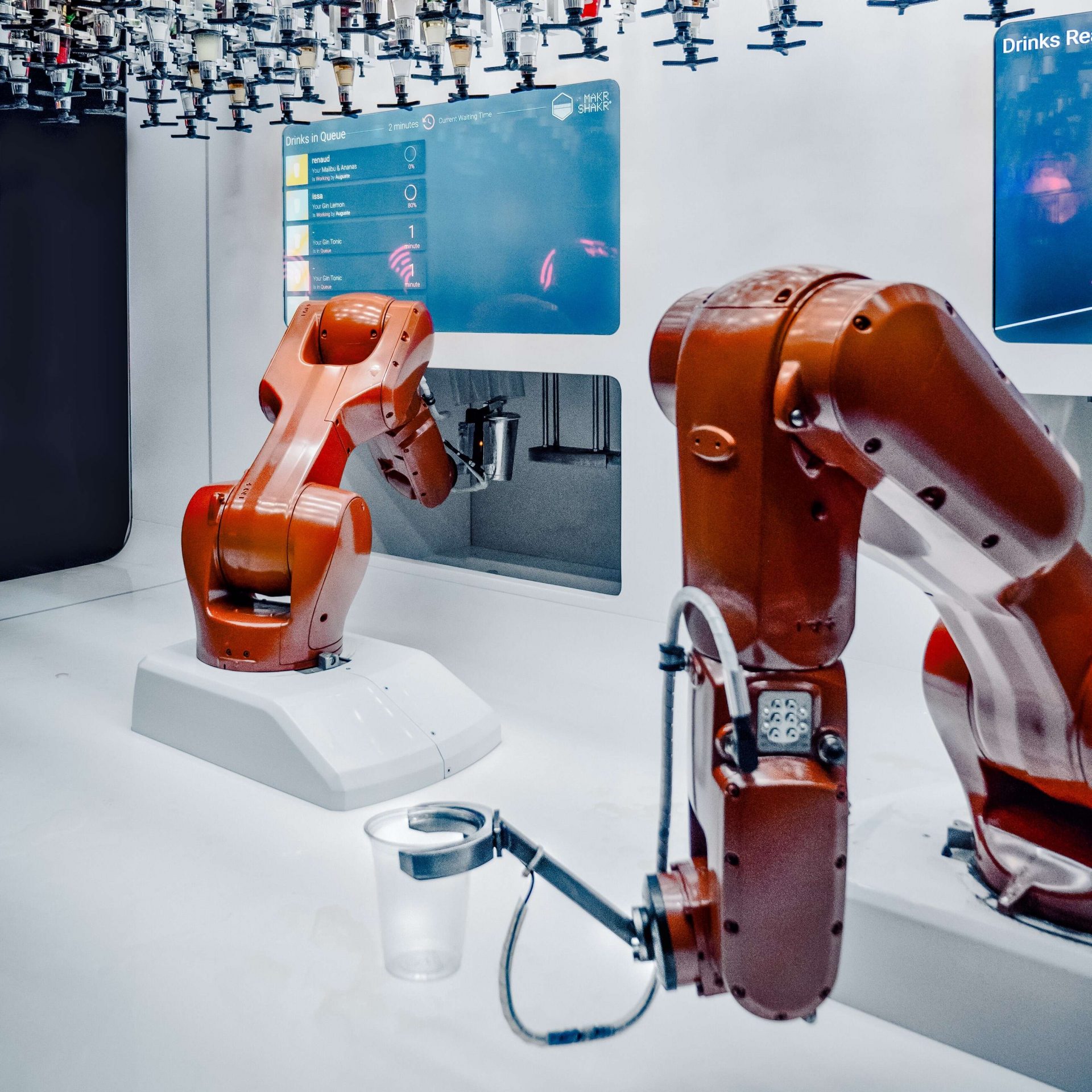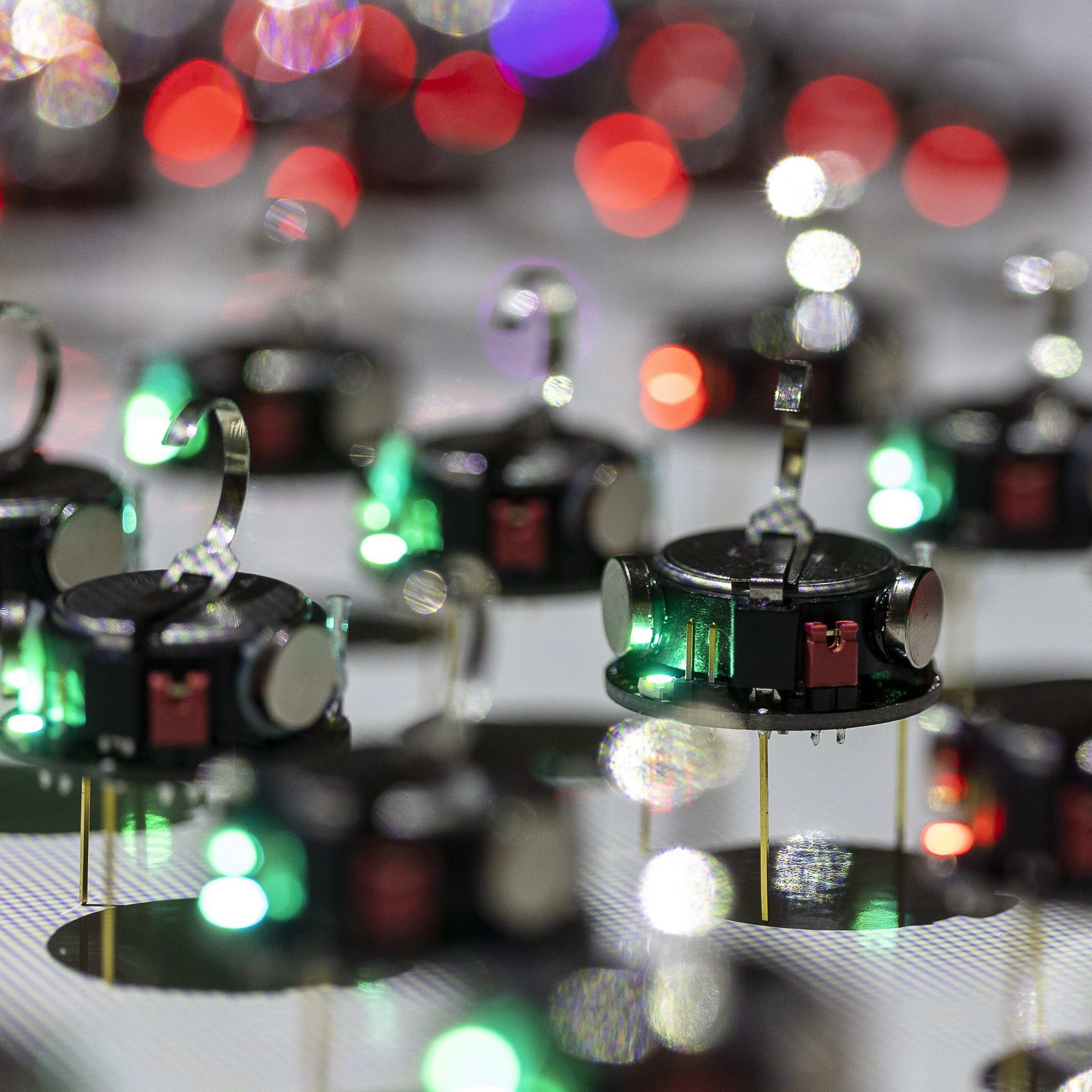
Erik Rodner “Please Label Me: Challenges and Efficient Strategies for Data Annotation and Selection”
Abstract: Lack of data and annotations has been the showstopper for machine learning projects when I started my PhD and 15 years later it still is. In my talk, I will give a brief overview of recent models we developed for weakly- and semi supervised as well as for active learning. In addition, we will















